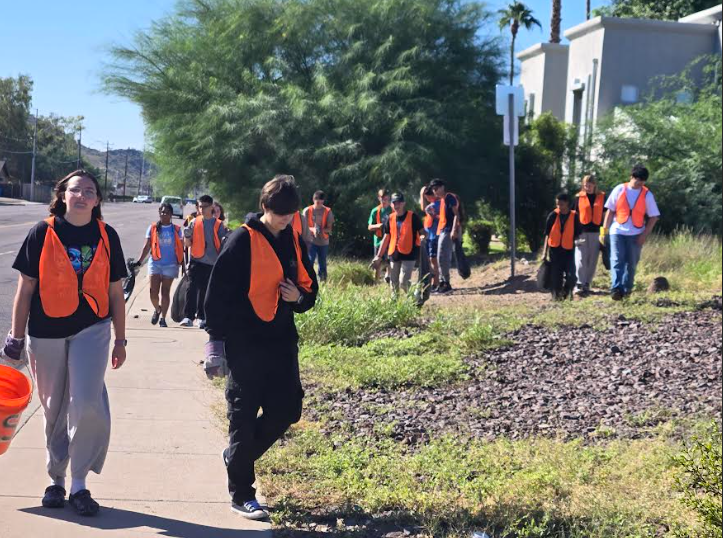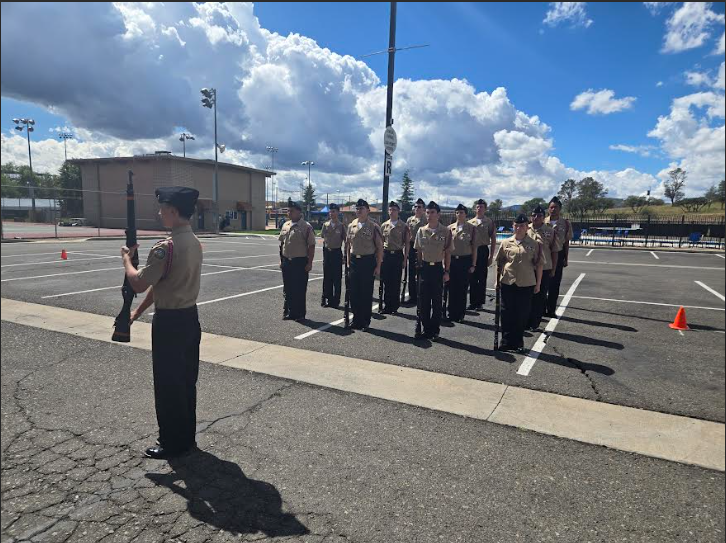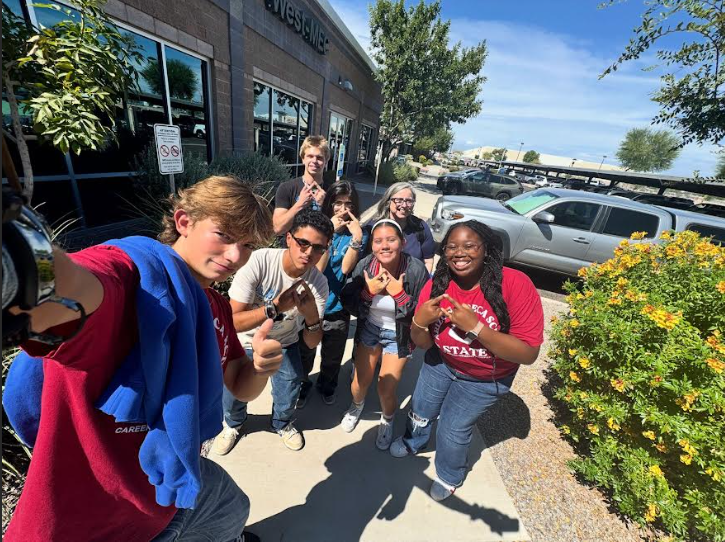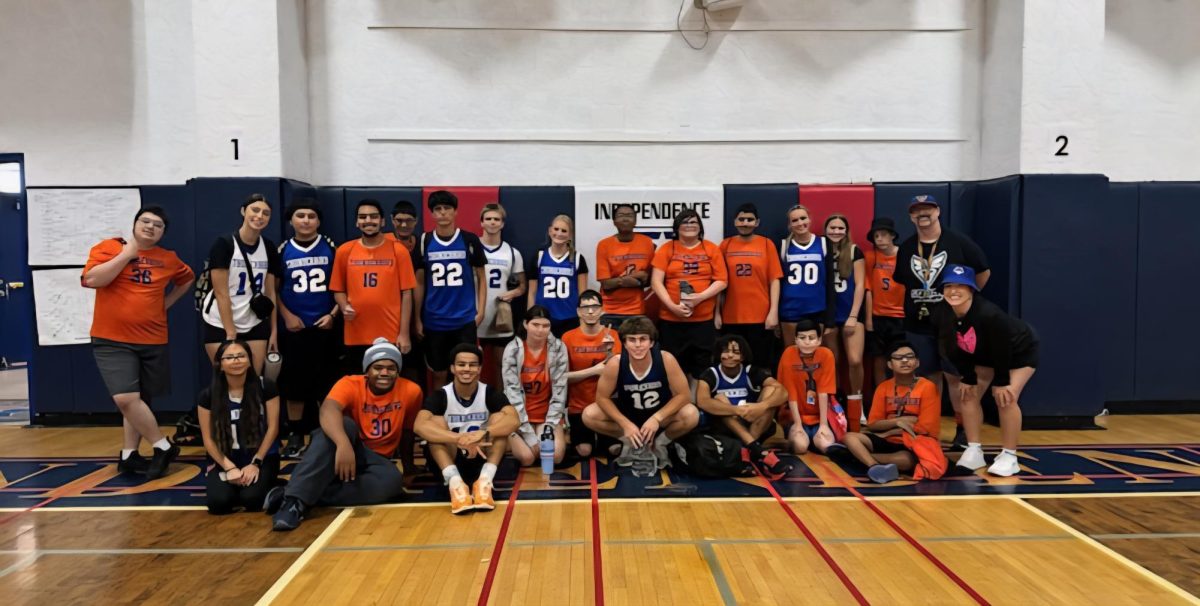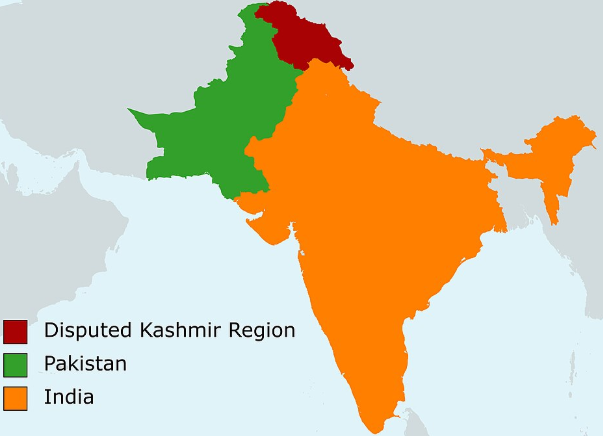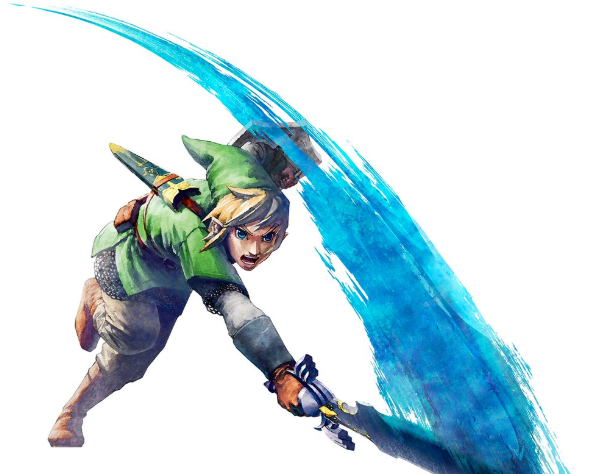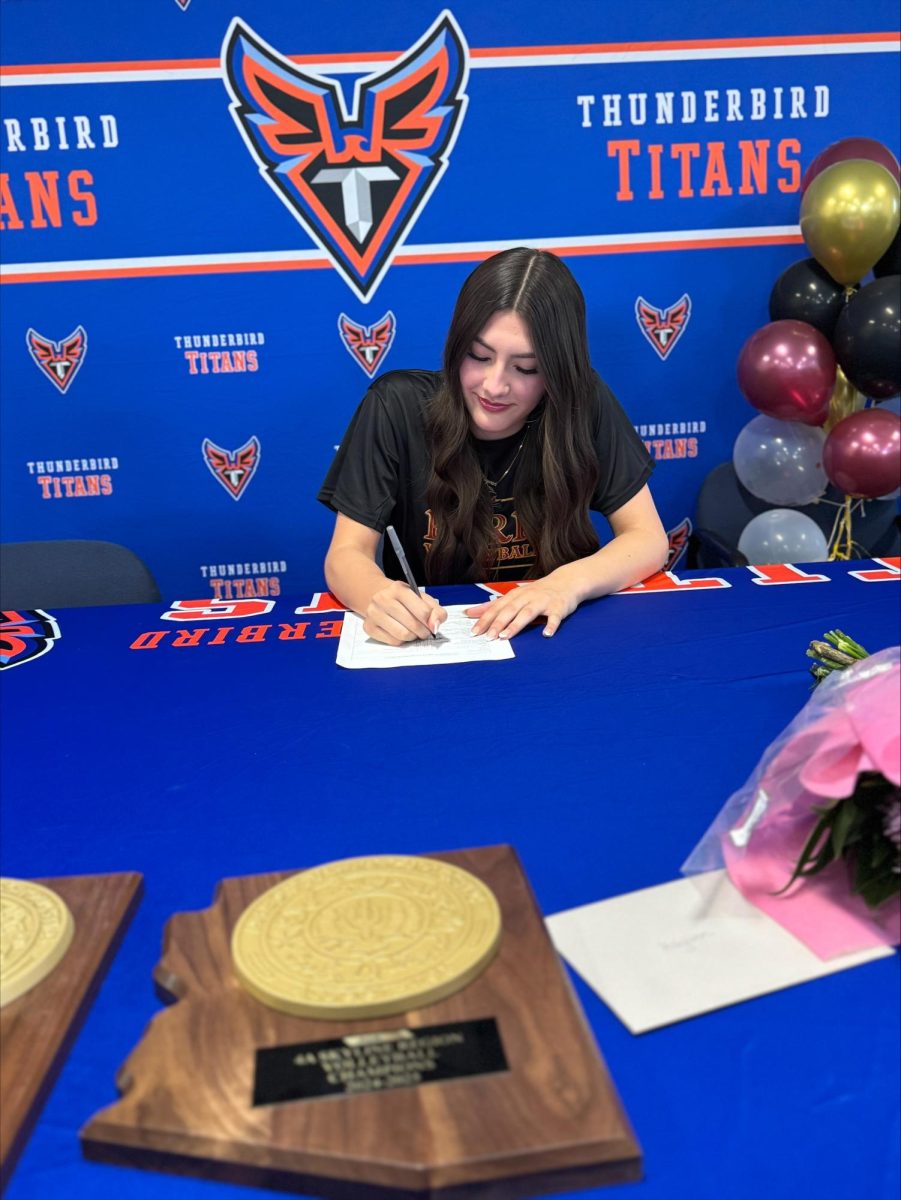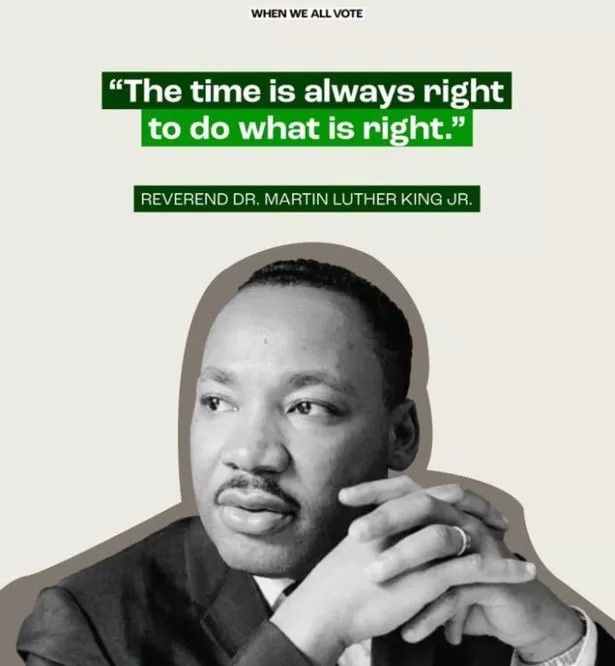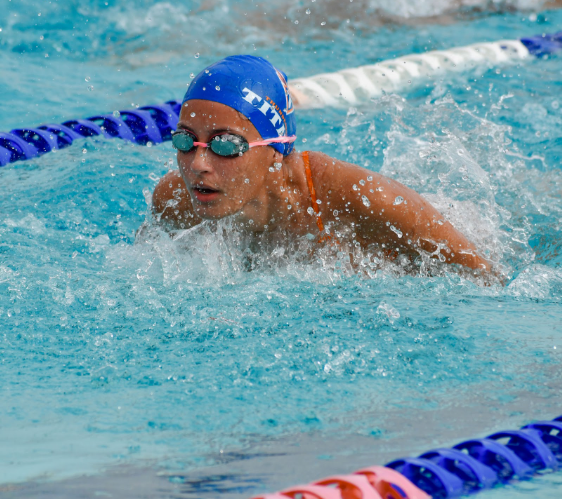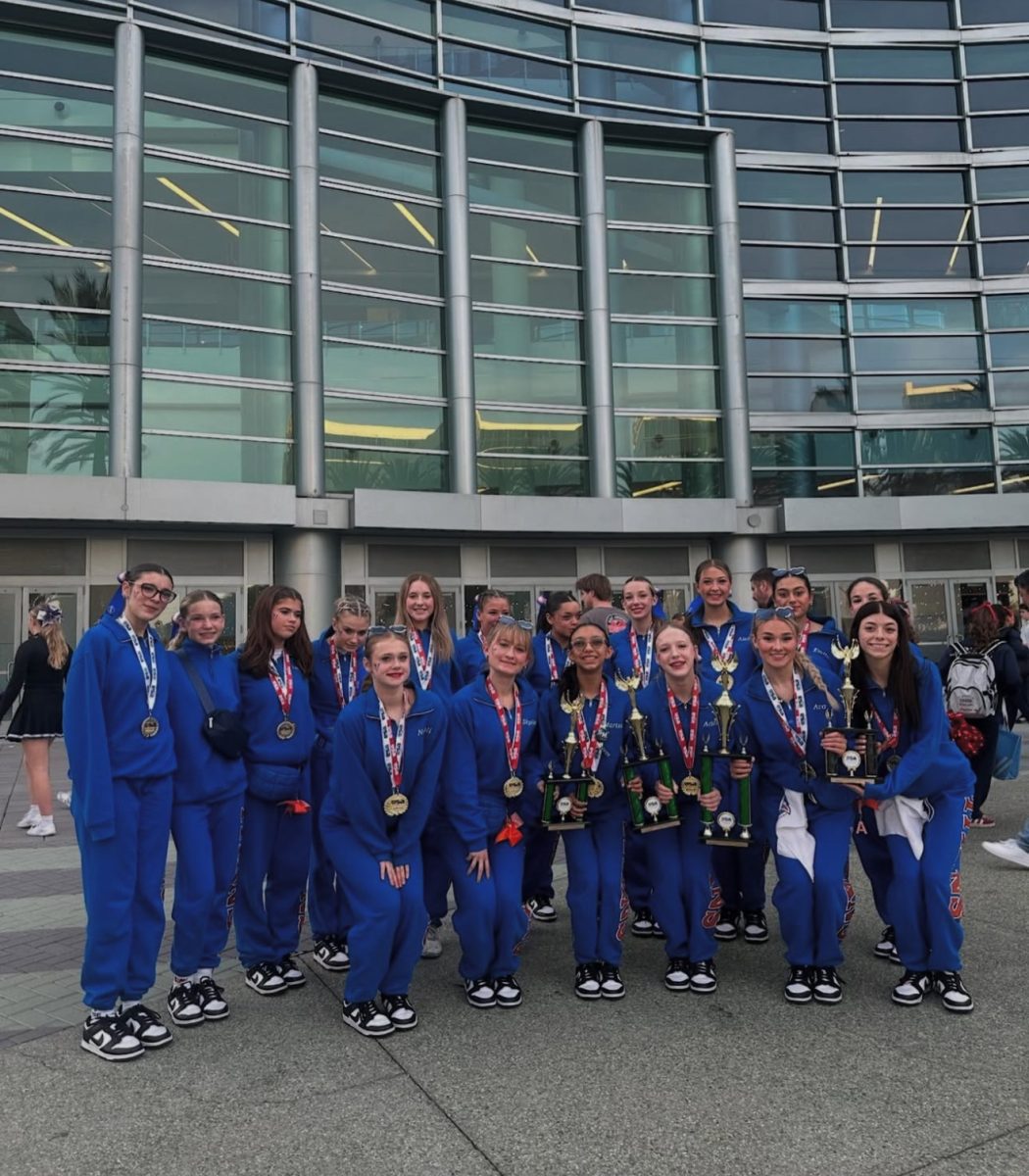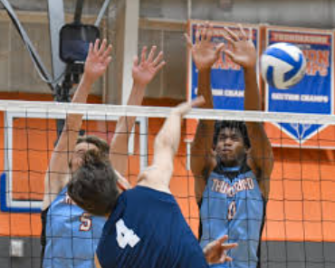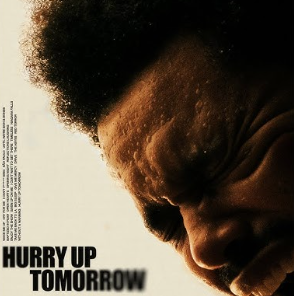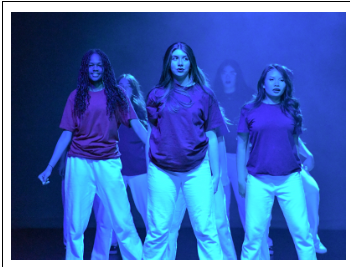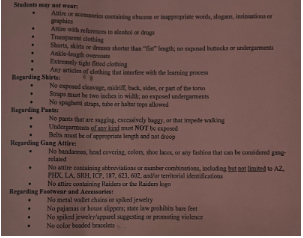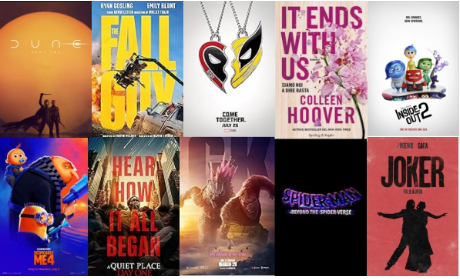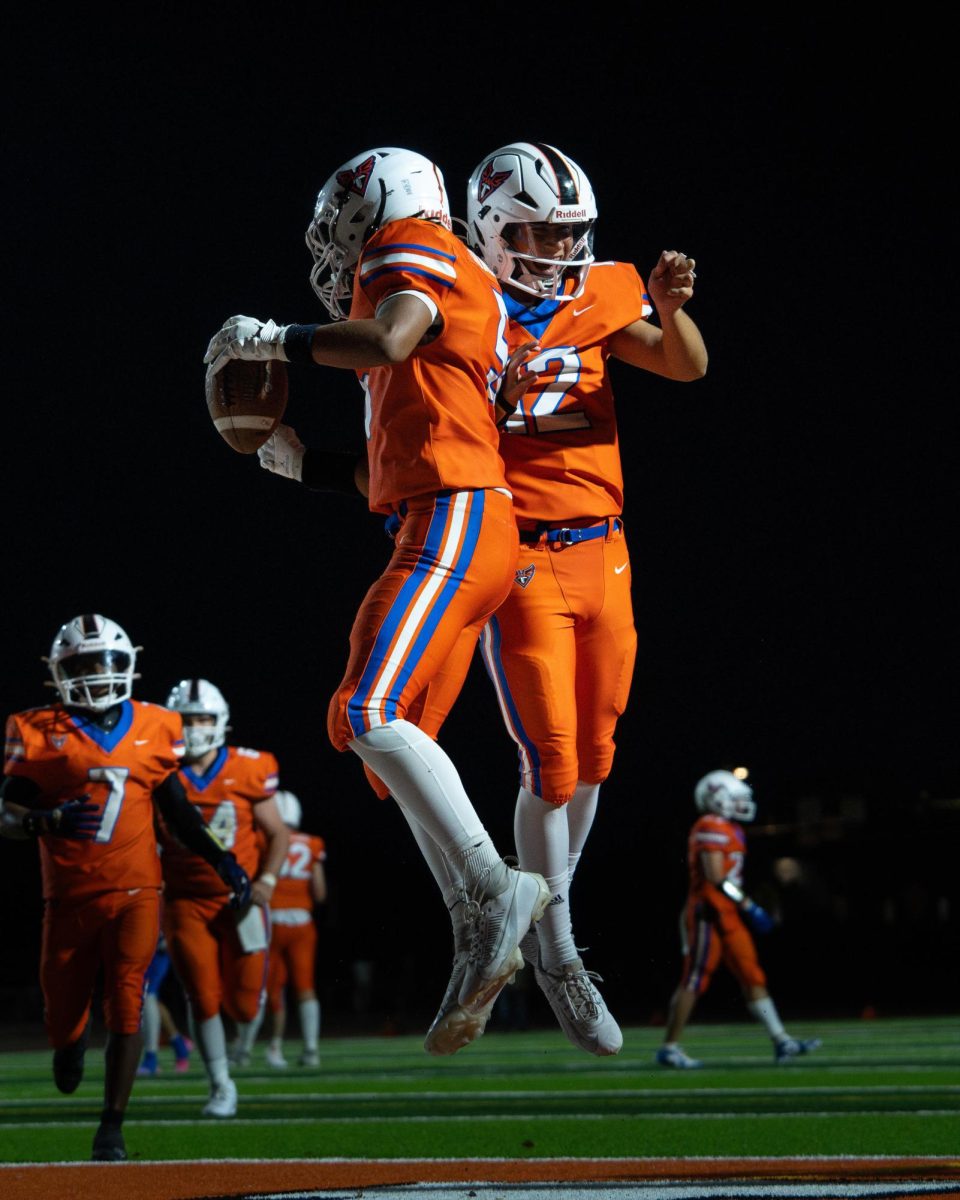Some teenagers tend to shy away from committing to being a student-athlete since they believe it will be too hard. However, they fail to see how much their future selves will benefit from balancing school and sports.
Even though playing a sport and keeping up with school can be challenging, students can learn numerous interpersonal skills that will prepare them for adulthood. Team sports, like soccer and basketball, teach athletes how to work well with other players. Being able to collaborate with others, even if there is a disagreement, is an extremely handy life lesson to acquire. Many jobs consist of having to talk with other people and make decisions together, so by mastering these skills, student-athletes prepare for any job they want to pursue.
Also, if students are on a sports team, teammates who are older and more experienced will be exposing them to the skills of leadership. Teenagers who are just beginning a new sport will feel more comfortable and welcomed if there are strong leaders who are eager to help them learn and improve. These guides will have the opportunity to help instill confidence and be role models. Eventually, those leaders leave, and the former beginners use the skills they have learned over the years to help the incoming athletes. This practice of evolving into a leadership position will allow students to grow and mature into young adults who are ready to take on important positions after high school.
Another benefit of being a student-athlete is being able to practice good time management and balance responsibilities at a young age. These teens will have the responsibility of learning how to juggle school work to maintain good grades and form a consistent practice schedule to support their team. This early practice with good time management skills aids teenagers by keeping them focused on their goals, bettering themselves in all aspects of their lives. The University of Bridgeport explains that “by balancing school work and playing sports, student-athletes develop a solid work ethic, which will help them in their future careers and make them attractive to prospective employers.” The core skills that lead to success in these two fields are very similar. School and athletics will eventually end, and teenagers will become adults who have to be employees. If teens can nail down these techniques now, they will be much more successful in their future professions.
Some may say that being a student-athlete can create unnecessary stress in life. If someone decides to do a sport as well as school, they will be forced to designate enough time for their studies as well as their sport. Sometimes, it can be extremely overwhelming to handle the two, especially when athletes begin to feel burnt out and students become tired of schoolwork. However, if teens experience trials and pressures, they will be able to learn the importance of taking breaks.
In all sports, athletes are required to push themselves so they can strengthen their bodies. But overexerting the body can lead to serious injuries that keep players on the sidelines. Students who continually spend hours in their room studying might pass the test, but will feel fatigued later on, affecting their future studies and sports performance. The smartest student-athletes recognize when they need a rest day and designate time to rejuvenate their minds and bodies. Beezer Geer, senior, is a varsity swimmer and an AP student who is used to feeling exhausted by the many activities she has going on. When asked why she takes frequent breaks, she explained, “I know that my body and mind can only handle so much for a designated period, and I want both to stay healthy for as long as possible so that I can keep doing the things I love.” People are only given one body and one mind that is meant to last them for the rest of their lives. Student-athletes, especially, must pay attention to their bodies and minds when they are both giving off signs that indicate that they need a break. The brain and the body are strong but not invincible, so if teenagers can recognize their limits now, they will be aiding themselves greatly.
In the end, being a student-athlete equips teenagers with life skills like being able to collaborate with others, being a leader, and knowing how to identify what their bodies and minds need.

